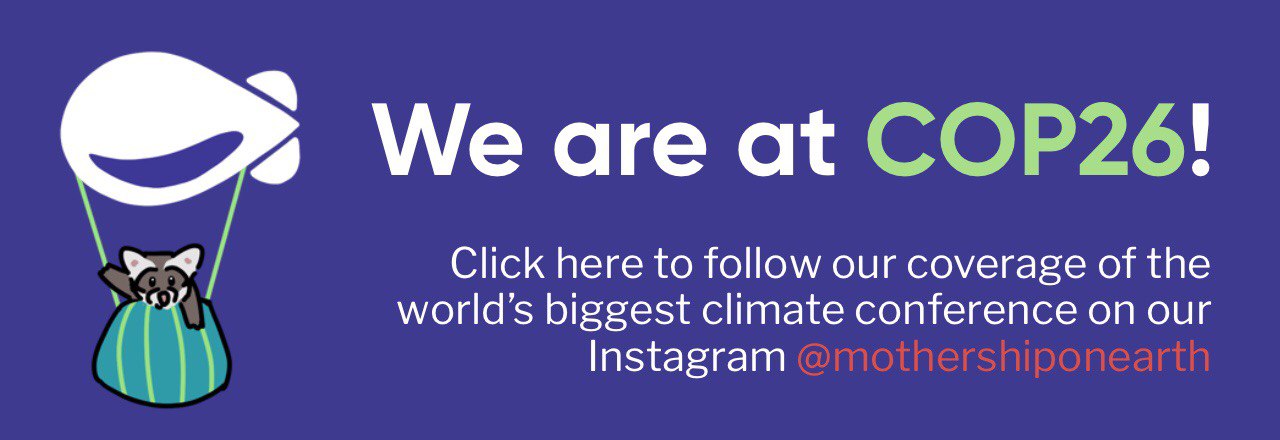Follow us on Telegram for the latest updates: https://t.me/mothershipsg
Singapore has joined 140 other countries in the global pledge to halt and reverse deforestation and land degradation by 2030.
Known as the Glasgow Leaders' Declaration on Forests and Land Use, world leaders recognise the roles of various types of forests and biodiversity, and the need to use land sustainably.
The declaration was announced in the first week of COP26 (Nov. 2), a global climate summit held in Glasgow, Scotland.
It was described by the UK Prime Minister Boris Johnson as a "landmark agreement".
According to the website, Singapore is one of the four new endorsements since Nov. 10.
With the new endorsements, 90.94 per cent of the world's forests are now covered under this declaration.
Singapore joins pledge to end deforestation and land use by 2030
Minister for National Development Desmond Lee said that "sustainability and stewardship" are core principles in the government's approach to land use planning.
Lee added that as a small city-state with many competing land use demands, Singapore will develop sustainably while it conserves nature.
“Sustainability and stewardship are core principles in our approach to land use planning. As a small city-state with many competing demands for our limited land, we will continue to develop our city sustainably while conserving nature within our urban environment. That is why Singapore has decided to endorse the Glasgow Leaders’ Declaration on Forests and Land Use."
Active steps taken to protect biodiversity and to develop sustainably
The press release issued by the Ministry of National Development (MND) on Nov. 12, which is also the last day of COP26, elaborated on the "active steps" Singapore had taken in striking a balance between development and conservation.
These include protecting core biodiversity areas, enhancing and restoring natural habitats in existing green spaces.
New nature parks have been created to act as a buffer for nature reserves.
In addition, Singapore will plant one million more trees islandwide between 2020 and 2030 to restore and strengthen core forests, adding more habitats and green corridors for wildlife.
However, MND also said that given Singapore's tight constraints and many competing demands for land, there will be some "vegetated sites" that have to be developed to meet people's needs.
Some of these sites used for development were previously used for human habitation, agriculture and industry but have become vegetated over time.
When development has to be carried out, a science-based approach is adopted, and the ecological value of the sites are assessed prior to that.
Natural elements will also be conserved or integrated within developments where possible.
MND also said that conserving and restoring core forests and other terrestrial ecosystems is a "key component" of Singapore's approach to long-term planning.
"In this regard, Singapore stands together with the international community in taking global climate action for sustainable urban development and the protection of our biodiversity and carbon sinks," MND concluded.
Top image by Joseph Goh Meng Huat via NParks' Facebook.
If you like what you read, follow us on Facebook, Instagram, Twitter and Telegram to get the latest updates.

